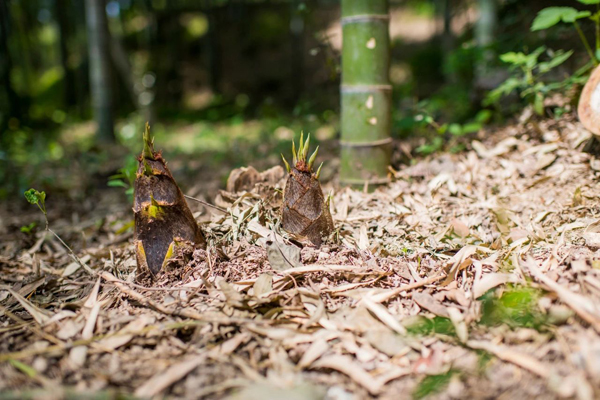|
AURORA Museum located in Shanghai is known as "a precious jewel box of Chinese culture." |
After decades of development, the group is well established in Taiwan, occupying a 40 percent market share in the island's office automation market.
It has also been forging ahead rapidly on the Chinese mainland since it first set up a headquarter in Shanghai. Now AURORA has more than 1,000 shops and over 6,000 employees across the Straits.
While expanding his business empire, he is becoming increasingly fond of Chinese culture and antiques and contributing to their protection.
In 1999, Chen returned 18 heads of arhat statues free of charge to the Cishou Temple in Shanxi province. In 2009, he sent three bodhisattva statues made of cast bronze back to the Donghe Temple in Taipei and another 154 pieces of Buddha-related artifacts to a Buddha Memorial in Kaohsiung in 2011.
In addition to donating antiques, he built an art museum in Taipei in 2003 to showcase thousands of exhibits he has collected in the past decades including jade objects, bronze wares, and Buddhism-related artifacts.
The museum's staff also conducts studies in collaboration with the Center of Ancient Civilizations at Peking University and offers online lectures on traditional Chinese culture.
In 2010, his AURORA Group built a 3,000-square meter pavilion at the Shanghai Expo to showcase jade artworks.
The exhibition that integrated the latest technology and Chinese people's age-old cult of jade attracted more than 2.3 million visitors from around the world in six months.
In addition to his affinity for traditional Chinese culture, Chen also remains dedicated to charity due to his childhood experiences.
He was born into a poor family in Taiwan in 1936 and had to take on various part-time jobs to finish his education.
Guided by a philosophy that places importance on giving back to society, Chen has also long lent a hand to those in need.
Since 2009, his group has sponsored the Xinhua Compassion Education Foundation to help excellent students from poverty-stricken families finish their high-school education.


